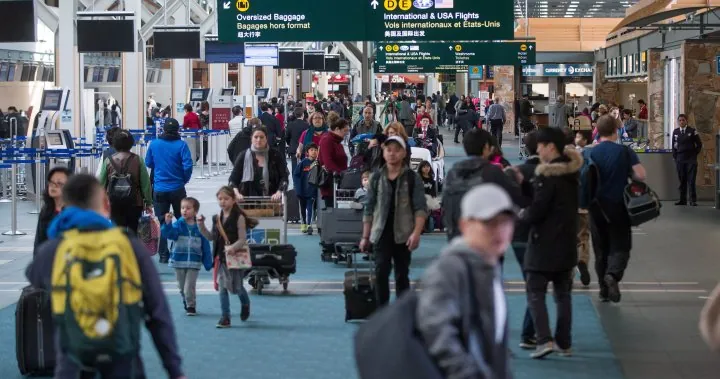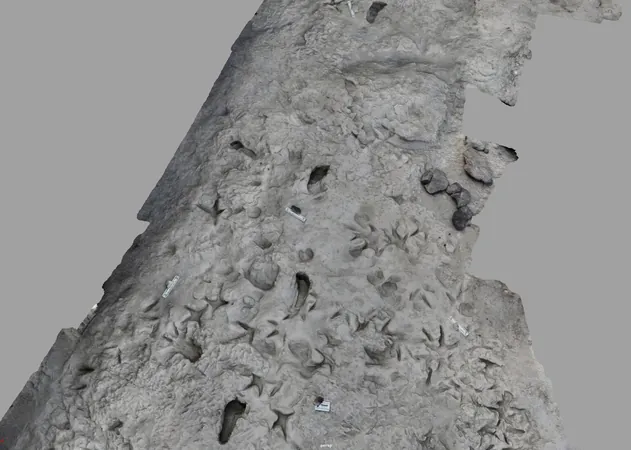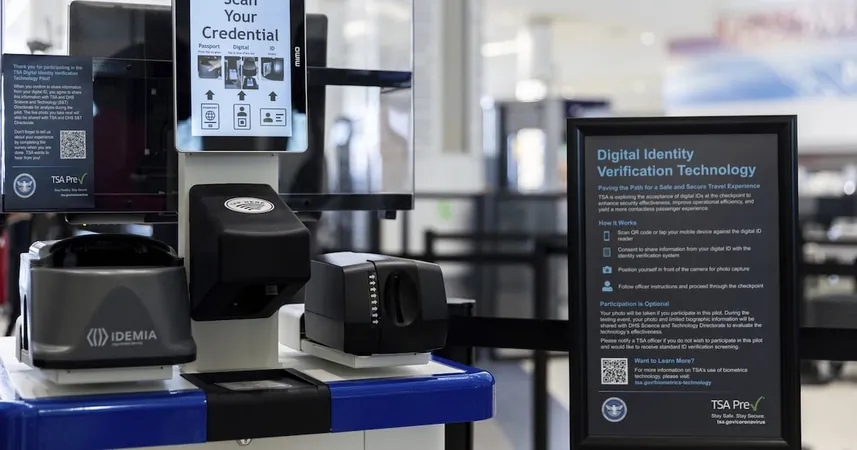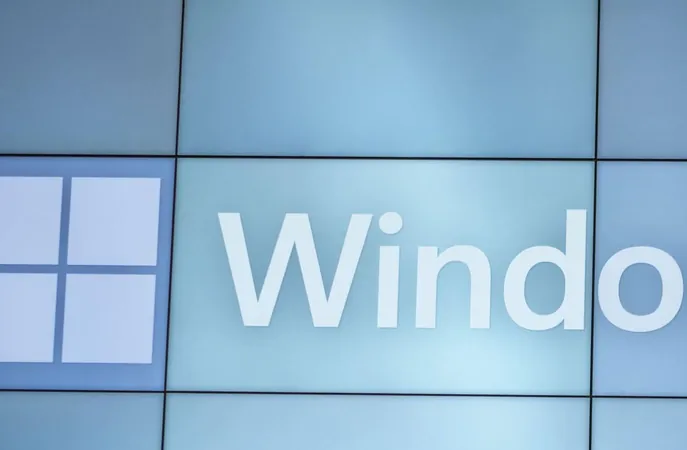
Air Canada to Revolutionize Boarding with Facial Recognition Technology!
2024-11-29
Author: Benjamin
Air Canada to Revolutionize Boarding with Facial Recognition Technology!
In a groundbreaking move, Air Canada is set to introduce facial recognition technology at airport gates, officially becoming the first Canadian airline to embrace this innovative solution to enhance the boarding experience. Starting this Tuesday, passengers flying on most domestic routes from Vancouver International Airport can board their flights without the hassle of presenting physical identification such as a passport or driver's license.
This transformative process is entirely voluntary. Travelers participating in the program will have the option to upload a photo of their face and a scan of their passport through Air Canada’s mobile app. This pilot initiative, which began in February 2023, is already operational in Air Canada’s Maple Leaf lounges located in Toronto, Calgary, and San Francisco, with plans to make it available at other Canadian airports in the near future.
Unlike their Canadian counterparts, many U.S. airlines and international airports have already implemented biometric verification systems. For instance, Delta Air Lines has been using facial recognition technology since 2021 at several airports, allowing travelers to check luggage, clear security, and board with just a smile. Frankfurt Airport in Germany also made headlines in 2023 for its comprehensive implementation of facial biometrics, allowing passengers to move from check-in to boarding without a physical ID.
As the adoption of facial recognition software becomes more widespread, discussions surrounding the ethical and privacy implications are intensifying. Concerns have been raised about how data is collected, stored, and managed—especially if the technology fails to accurately recognize a traveler. John Gradek, an expert in aviation management at McGill University, emphasizes the need for careful consideration around data privacy, stating, “It’s about privacy and control of the data and who gets to see it.”
Cautious progress is evident in Canada, where the deployment of such technology has been notably slower. Gradek also highlights potential workforce implications, noting the risk of job reductions if automated systems replace human gate agents.
In response to privacy concerns, Air Canada assures passengers that their personal information is encrypted during transmission and processing, solely utilized for digital ID purposes. The airline has committed to deleting this data from its systems within 36 hours after a flight's departure. “In terms of privacy, that consideration has been at the forefront of the development of this technology,” remarked Air Canada spokesman Peter Fitzpatrick. He also clarified that this technology is not affiliated with government programs like Nexus, aimed at expediting border crossings for pre-approved travelers.
As Air Canada leads the way in biometrics for boarding, it opens up a future where flying may become faster and more efficient, albeit with new challenges that airlines and regulators will need to address. Stay tuned for more updates on this innovative shift in air travel!









 Brasil (PT)
Brasil (PT)
 Canada (EN)
Canada (EN)
 Chile (ES)
Chile (ES)
 España (ES)
España (ES)
 France (FR)
France (FR)
 Hong Kong (EN)
Hong Kong (EN)
 Italia (IT)
Italia (IT)
 日本 (JA)
日本 (JA)
 Magyarország (HU)
Magyarország (HU)
 Norge (NO)
Norge (NO)
 Polska (PL)
Polska (PL)
 Schweiz (DE)
Schweiz (DE)
 Singapore (EN)
Singapore (EN)
 Sverige (SV)
Sverige (SV)
 Suomi (FI)
Suomi (FI)
 Türkiye (TR)
Türkiye (TR)